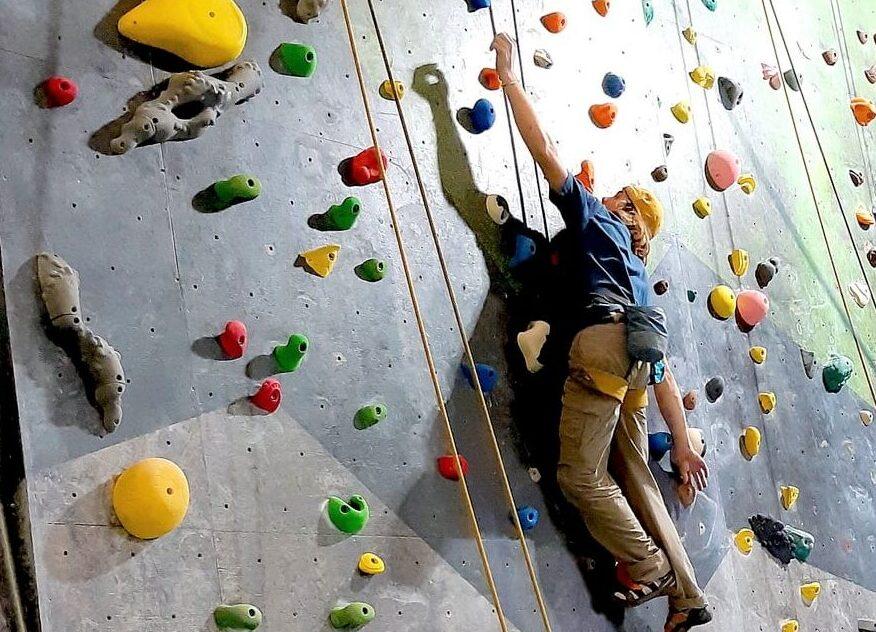Gareth and Tracy Wall held their breath as they hit publish on the social media post that would tell the community they were shutting the doors of their Australian business due to vaccine mandates.
After 26 years, the Walls admitted that it was a “rush decision” to close the Hangout Indoor Rock-Climbing Centre in Perth, Western Australia, but felt they needed to make a “moral and ethical decision.”





